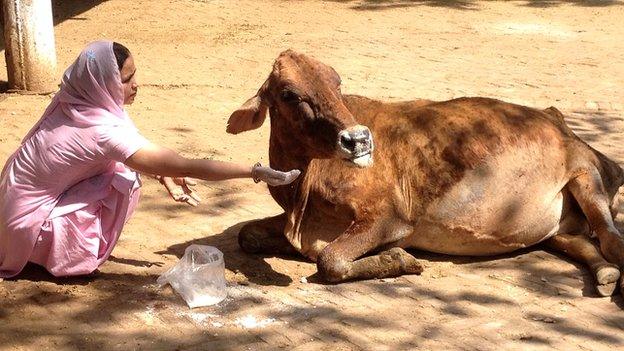Where in India can you get beef?
- Published
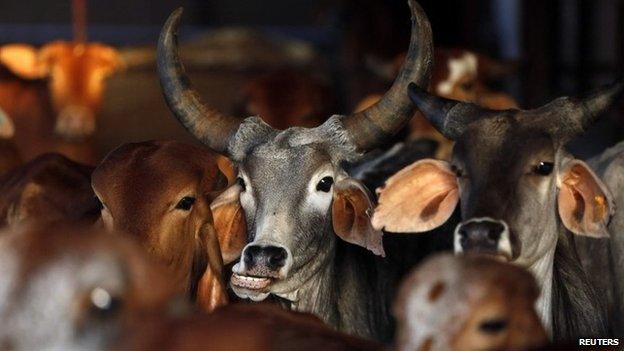
Hindus, who comprise 80% of India's 1.2bn population, consider cows holy
Two Indian states recently tightened laws banning cow slaughter and the sale and consumption of beef.
The ban provoked immense outrage on social media with many questioning the government's right to decide what is on their plate.
It was also criticised by many as beef is cheaper than chicken and fish and forms the staple for the poorer Muslim, tribal and dalit (formerly untouchable) communities.
But slaughter of cows is a sensitive issue in India as the animal is considered sacred by Hindus, who comprise 80% of the country's 1.2bn people.
In the absence of a federal law governing cow slaughter, individual states have placed different levels of restrictions.
BBC Hindi's Divya Arya looks at how the policy differs from one state to another.

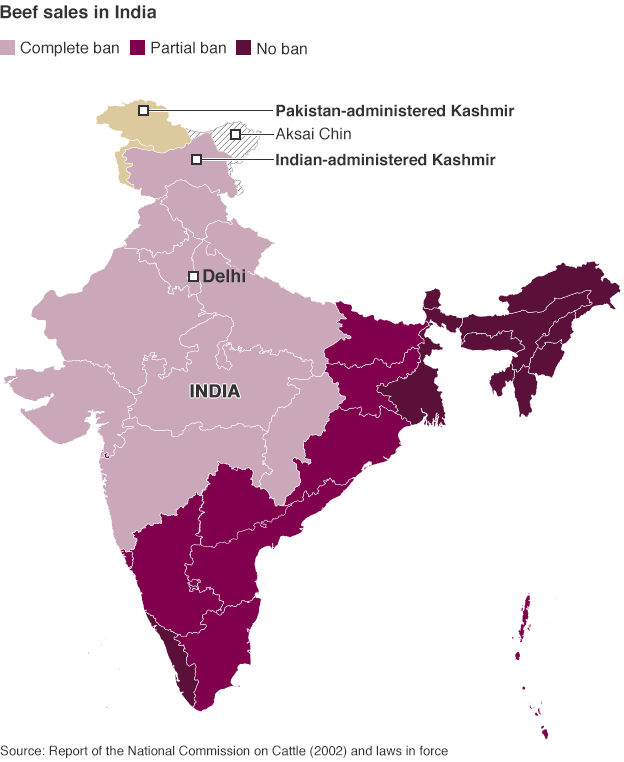

Complete Ban
The strongest laws on cow-slaughter are in place in the north, central and western parts of India.
Eleven states and two union territories (federally-administered regions) ban slaughter of cows, calves, bulls and bullocks.
The central state of Chhattisgarh does not even allow the slaughter of buffaloes, even though they are not considered sacred.
The states have strict penalties for violations - Haryana, which amended its law earlier this month, tops the list with up to 10 years in jail and a fine of up to 100,000 rupees ($1,596; £1,078).
Also in March, the western state of Maharashtra tightened its law to increase punishment to up to five years in prison and a fine of up to 10,000 rupees ($159; £108).
The states and union territories with complete ban: Indian-administered Kashmir, Himachal Pradesh, Punjab, Haryana, Uttarakhand, Uttar Pradesh, Rajasthan, Gujarat, Madhya Pradesh, Maharashtra, Chhattisgarh, Delhi and Chandigarh.

Partial Ban
Eight states and four union territories in eastern and southern India have laws that ban the slaughter of cows and calves, but allow bulls, bullocks and buffaloes to be killed as long as they have a "fit for slaughter" certificate.
The conditions that each state lays down for allowing slaughter and jail terms they impose on violators differ, but the maximum fine imposed is a paltry sum of 1,000 rupees ($15; £10).
The states and Union Territories with a partial ban: Bihar, Jharkhand, Orissa, Telangana, Andhra Pradesh, Tamil Nadu, Karnataka, Goa, Daman and Diu, Dadra and Nagar Haveli, Pondicherry and Andaman and Nicobar Islands.

No Ban
Eight states and one Union territory have no legislation regarding slaughter of any cattle. The meat of cows, calves, bulls, bullocks and buffalos is openly sold and consumed here.
According to the 2011 Census data, there is a high concentration of tribal communities in many of these states and Christianity is a major religion.
Two states - Assam and West Bengal - have laws that allow slaughter of any cattle but only on the basis of a "fit for slaughter" certificate. This certificate is given if a cattle is over 14 years of age or has become permanently unfit for work or breeding.
The states and the union territory with no ban: Kerala, West Bengal, Assam, Arunachal Pradesh, Manipur, Meghalaya, Mizoram, Nagaland, Tripura, Sikkim and Lakshadweep.

- Published3 March 2015
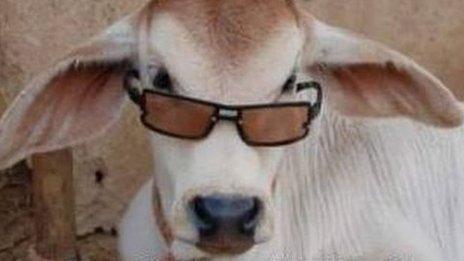
- Published11 February 2015
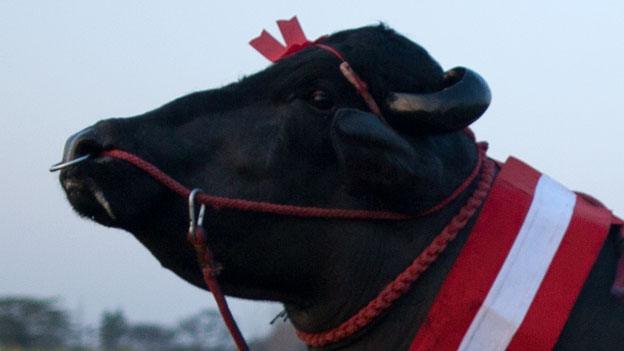
- Published4 May 2014
